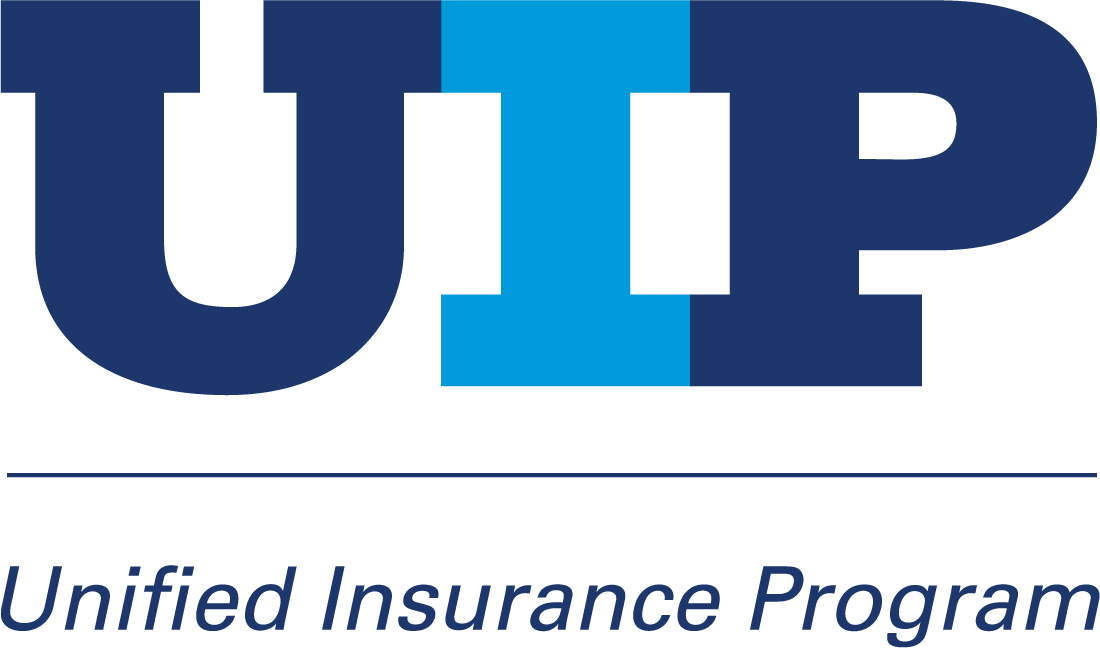SHB 1323 – Long-Term Services and Supports (LTSS) Trust Program
background
Washington State legislature established the LTSS Trust program in 2019. The program is funded through a premium assessment on employee wages starting January 1, 2022. Individuals who have a long-term care insurance can apply to be exempt from premium assessment and opt-out of the program. Benefits through the program will be available January 1, 2025 (see below for more details).
SHB 1323 was introduced and passed with amendments during the 2021 legislature. SHB 1323 specifies that employees who apply to opt-out of the LTSS Trust Program must attest to having long-term care insurance PRIOR November 1, 2021. CWPU UIP provided written and live testimony opposing the change to shorten the opt-out period.
LTSS Trust Program
Premium assessment
LTSS Trust Program is funded through a 0.58% premium assessment on employee wages.
Premium assessment through payroll deduction begins on January 1, 2022.
Employees who can demonstrate that they have long-term care coverage in place prior to November 1, 2021 can apply to “opt-out” and be exempt from the premium assessment. Employees cannot opt out later if they miss the deadline.
Applications for premium exemption must be submitted to the Employment Security Department (ESD) between October 1, 2021 and December 31, 2022.
Benefits
Benefits begin January 2025.
Eligible beneficiaries can receive up to $36,500 in lifetime benefits for to apply to the cost of long-term care.
Eligible beneficiaries must meet a vesting schedule and reside in Washington State.
An employee who is exempt from premium assessment is permanently ineligible from receiving LTSS Trust Program benefits.
Why would an employee choose to opt-out of the state program?
$36,500 is not enough to cover the average long-term care claim.
There is no income cap to the 0.58% premium assessment.
Benefits are not portable or payable outside Washington state.
Benefits are not payable until January 2025.
To be eligible for benefits a person must have paid premiums for a total of ten years without interruption of five or more consecutive years, or three years within the last six years.
Informal care-givers must qualify, be trained, and approved by the state.
Although designed to remain level, there is no guarantee that the payroll tax will remain fixed.
How does an employee apply for an opt-out?
Between October 1, 2021 and December 31, 2022, an employee would need to provide ESD with an age verifying ID and completed application from the ESD’s website. ESD reserves the right to verify coverage or request additional information.
What happens after an employee is approved for the opt-out?
The exemption will take effect the following calendar quarter. Employees must provide a copy of the approval letter to current and all future employers, and employers must maintain a copy of this letter.
more information
WA Cares Fund website
HB 1323 - 2021-22 - Concerning the long-term services and supports trust program
RCW 50B.04
Senate Bill Report

